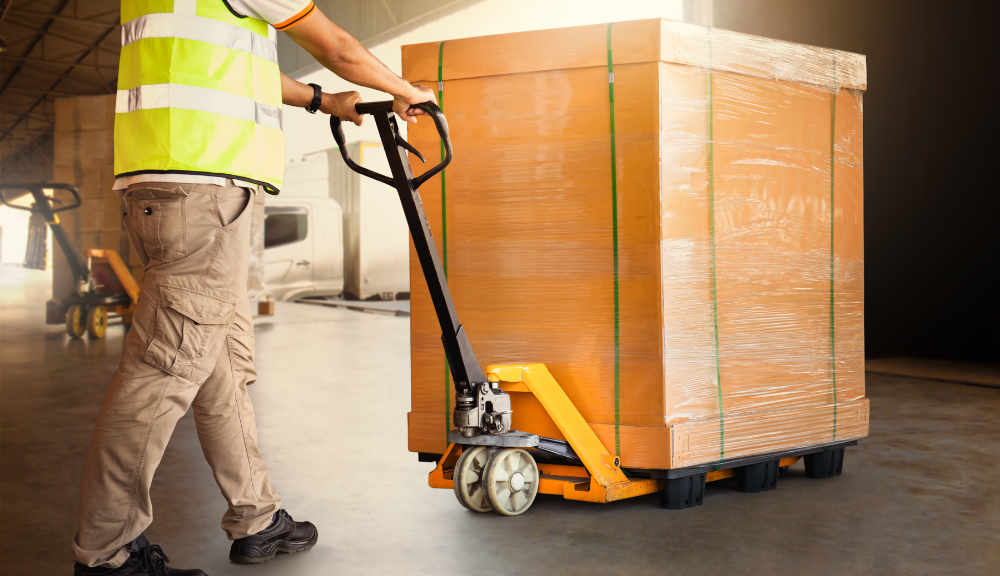Introduction
The freight and logistics industry is evolving rapidly, with technological advancements and shifting global demands transforming the way goods are transported. In today’s competitive landscape, businesses require smarter, faster, and more efficient supply chain solutions to stay ahead. From AI-powered tracking to eco-friendly transportation, cutting-edge innovations and sustainable practices are shaping the future of logistics, ensuring businesses move forward seamlessly.

Technology-Driven Logistics: Enhancing Efficiency with AI, IoT, and Real-Time Tracking
Technology is revolutionizing logistics, making freight transportation more transparent, efficient, and reliable. The integration of Artificial Intelligence (AI), the Internet of Things (IoT), and real-time tracking allows businesses to monitor shipments with pinpoint accuracy.
- AI-Driven Route Optimization: By analyzing traffic patterns, weather conditions, and cargo weight, AI enhances route planning, ensuring faster and cost-effective deliveries.
- IoT-Powered Smart Tracking: IoT-enabled sensors provide real-time updates on cargo location, temperature, and conditions, minimizing risks and ensuring product integrity.
- Automated Freight Management: AI-based automation tools streamline scheduling, warehouse management, and inventory tracking, reducing human errors and improving overall operational efficiency.
Global Network & Route Optimization: Seamless Transportation Across Air, Sea, and Land
With supply chains becoming more complex, businesses need a global logistics network that ensures seamless connectivity across multiple transport modes. Comprehensive freight solutions across air, sea, and land help optimize routes to minimize transit time and costs.
- Air Freight: Expedited shipping solutions with advanced tracking capabilities for time-sensitive goods.
- Sea Freight: Cost-efficient bulk transportation with optimized container management and reduced shipping delays.
- Land Transport: A well-connected network of trucks and rail services for reliable last-mile delivery.
Sustainable Logistics: Reducing Carbon Footprints with Eco-Friendly Practices
Sustainability is no longer optional—it’s a necessity. Implementing green logistics practices helps reduce environmental impact while maintaining efficiency.
- Eco-Friendly Fleet: The integration of electric and fuel-efficient vehicles into transportation networks reduces emissions.
- Smart Packaging Solutions: Using biodegradable and recyclable materials minimizes waste.
- Carbon Footprint Reduction Strategies: Optimizing delivery routes and consolidating shipments helps reduce fuel consumption.
- Paperless Operations: Digital documentation and automated processes reduce paper waste and streamline logistics operations.
By prioritizing sustainability, businesses align with environmental goals while maintaining operational excellence.
Conclusion
As the logistics industry continues to evolve, businesses must adapt to stay competitive. A technology-driven approach, global reach, and commitment to sustainability ensure that freight and logistics services remain efficient and future-ready. Whether through AI-enhanced tracking, optimized global networks, or eco-friendly solutions, embracing innovation is key to transforming the future of freight transportation.
With expertise, innovation, and reliability, businesses can navigate the complexities of modern logistics and achieve seamless, efficient transportation.
